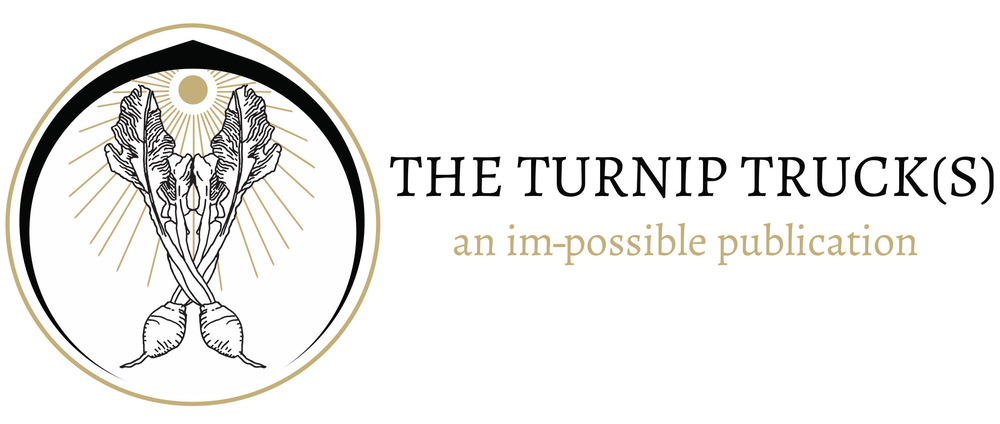"Strange Fruit" (Abel Meeropol 1937). Written first as a poem, "Strange Fruit" was poet-activist Abel Meeropol's protest against racism. Inspired by the disturbing photograph of the 1930 lynching of Thomas Shipp and Abram Smith in Marion, Indiana, the lyrics are graphic and haunting. After pairing the lyrics with music, Meeropol and his wife Laura Duncan performed the song at Madison Square Garden. The song was eventually given to Billie Holiday, who first performed the song at New York's first integrated night club Cafe Society. Because the song was so controversial, special rules were drawn up to help prevent retaliation against Holiday and the Cafe Society. For example, "Strange Fruit" would always be Holiday's last song and waiters would have to quit serving before she began singing. Holiday recorded the song in 1939, and it sold a million copies. Time Magazine named "Strange Fruit" the "song of the century" in 1999, and the song remains significant today, as violent acts of racism continue to terrorize our country.
Southern trees bear strange fruit
Blood on the leaves and blood at the root
Black bodies swinging in the southern breeze
Strange fruit hanging from the poplar trees
Pastoral scene of the gallant south
The bulging eyes and the twisted mouth
Scent of magnolias, sweet and fresh
Then the sudden smell of burning flesh
Here is fruit for the crows to pluck
For the rain to gather, for the wind to suck
For the sun to rot, for the trees to drop
Here is a strange and bitter crop

